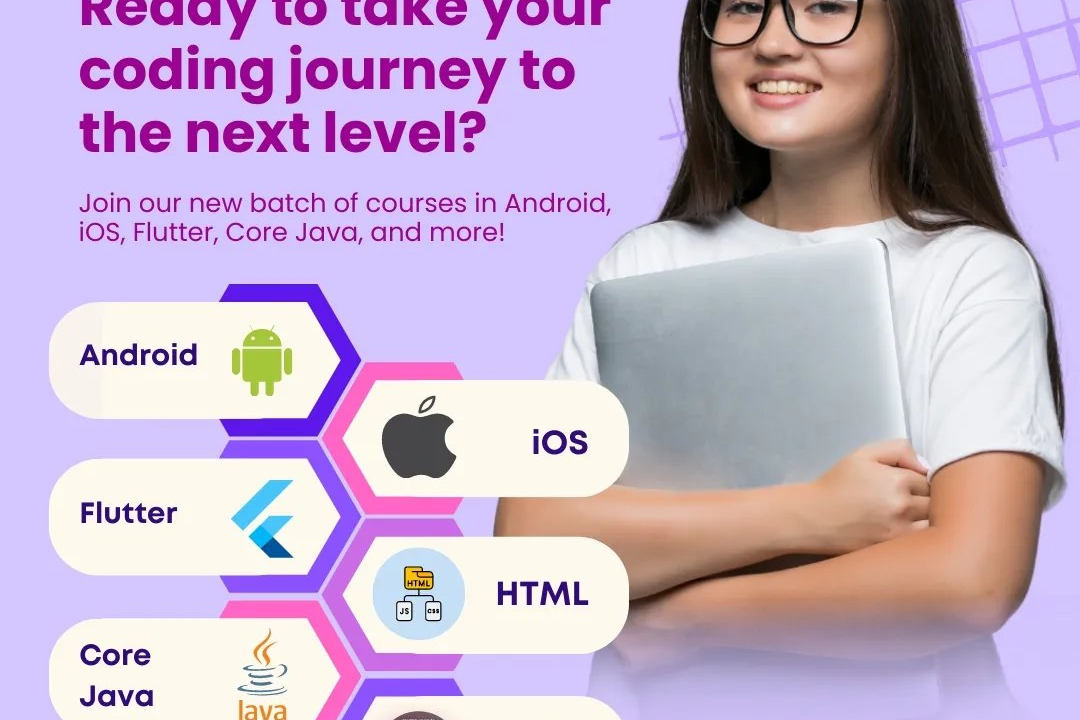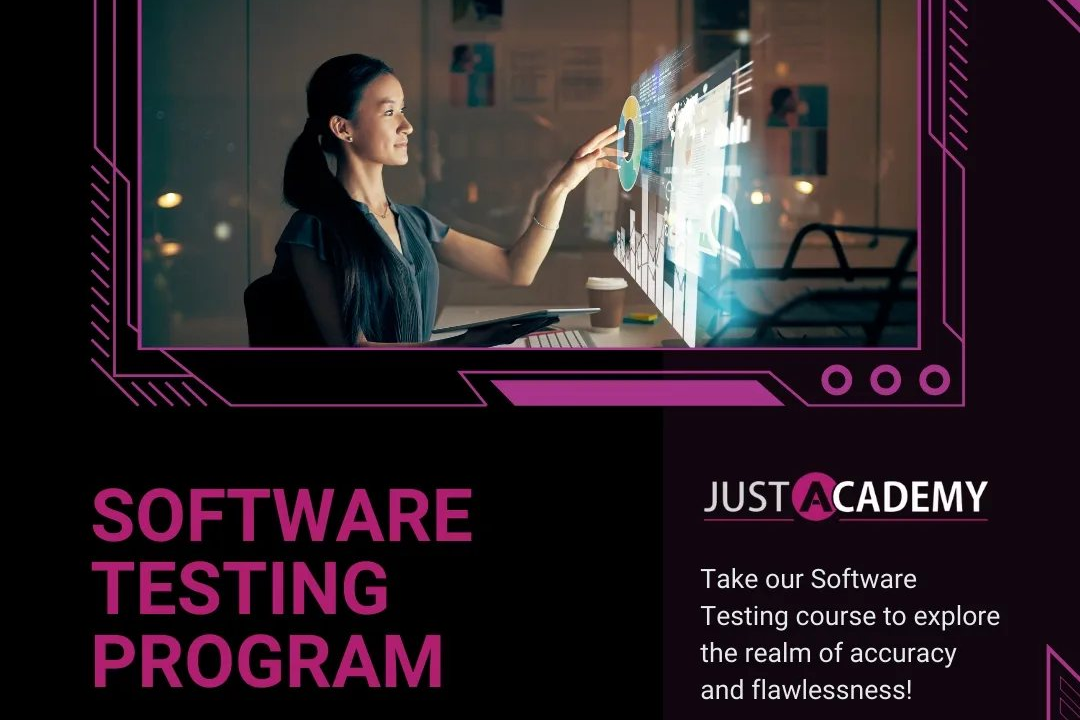Basic Php One Word Questions Interview Questions With Answers
Basic PHP one-word interview questions typically target fundamental concepts that every PHP develope
Basic Php One Word Questions Interview Questions With Answers
Basic PHP one-word interview questions serve as a fundamental assessment tool for evaluating a candidate's understanding of key concepts in PHP development. These questions typically cover essential topics such as “Array,” “Variable,” “Function,” and “Loop,” which are critical for writing efficient and effective PHP code. Candidates who can confidently respond to these queries demonstrate not only their knowledge of PHP syntax and operations but also their ability to apply this understanding in practical scenarios. This approach helps employers quickly gauge a developer’s proficiency level, ensuring they possess the foundational skills necessary for web development and can confidently handle real-time projects, making it a valuable part of the interview process.
To Download Our Brochure: https://www.justacademy.co/download-brochure-for-free
Message us for more information: +91 9987184296
Basic PHP one word interview questions serve as a fundamental assessment tool for evaluating a candidate's understanding of key concepts in PHP development. These questions typically cover essential topics such as “Array,” “Variable,” “Function,” and “Loop,” which are critical for writing efficient and effective PHP code. Candidates who can confidently respond to these queries demonstrate not only their knowledge of PHP syntax and operations but also their ability to apply this understanding in practical scenarios. This approach helps employers quickly gauge a developer’s proficiency level, ensuring they possess the foundational skills necessary for web development and can confidently handle real time projects, making it a valuable part of the interview process.
Course Overview
The “Basic PHP One-Word Interview Questions with Answers” course is designed to equip aspiring PHP developers with essential knowledge and skills for successful job interviews. This course focuses on crucial concepts in PHP such as variables, arrays, functions, and loops, presenting these topics through a series of one-word questions commonly encountered in technical interviews. Each question is accompanied by clear, concise answers and practical examples, enabling participants to understand the underlying principles of PHP development. By engaging with this targeted material, learners will enhance their confidence and readiness for interviews, ensuring they can effectively communicate their PHP expertise and handle real-time projects with ease. Ideal for beginners and those looking to refresh their knowledge, this course serves as a foundational step in building a successful career in web development.
Course Description
The “Basic PHP One-Word Interview Questions with Answers” course is designed to help learners master fundamental PHP concepts that are frequently featured in technical interviews. This course provides a comprehensive collection of concise, one-word questions that cover essential topics such as variables, data types, arrays, functions, and control structures. Each question comes with a clear explanation and example, enabling participants to deepen their understanding and reinforce their knowledge. Whether you're a beginner looking to enter the web development field or an experienced coder wanting to refresh your skills, this course will enhance your confidence and prepare you for real-time projects and job interviews, equipping you with the tools needed to excel in your PHP career.
Key Features
1 - Comprehensive Tool Coverage: Provides hands-on training with a range of industry-standard testing tools, including Selenium, JIRA, LoadRunner, and TestRail.
2) Practical Exercises: Features real-world exercises and case studies to apply tools in various testing scenarios.
3) Interactive Learning: Includes interactive sessions with industry experts for personalized feedback and guidance.
4) Detailed Tutorials: Offers extensive tutorials and documentation on tool functionalities and best practices.
5) Advanced Techniques: Covers both fundamental and advanced techniques for using testing tools effectively.
6) Data Visualization: Integrates tools for visualizing test metrics and results, enhancing data interpretation and decision-making.
7) Tool Integration: Teaches how to integrate testing tools into the software development lifecycle for streamlined workflows.
8) Project-Based Learning: Focuses on project-based learning to build practical skills and create a portfolio of completed tasks.
9) Career Support: Provides resources and support for applying learned skills to real-world job scenarios, including resume building and interview preparation.
10) Up-to-Date Content: Ensures that course materials reflect the latest industry standards and tool updates.
Benefits of taking our course
Functional Tools
1 - Learning Management System (LMS)
The course leverages a robust Learning Management System that acts as the central hub for all instructional materials. This platform provides access to course modules, video lectures, quizzes, and associated resources in an organized manner. Students can track their progress, revisit any learning materials, and stay informed about deadlines through the LMS. The intuitive interface enhances user experience, ensuring that learners can focus on absorbing content rather than navigating technical complications.
2) Code Editors
To practice PHP coding effectively, students will engage with popular code editors such as Visual Studio Code, PHPStorm, or Sublime Text. These tools provide syntax highlighting, code completion, and debugging features that streamline the coding process. Familiarity with these editors equips learners with the skills required in professional environments, where such tools are commonly utilized for developing and testing PHP applications. Additionally, understanding how to leverage these resources fosters a more hands on learning experience.
3) Version Control Systems
Git and GitHub are integrated within the course to introduce students to version control, ensuring they understand how to manage their code effectively. By using Git, learners can track code changes, collaborate on projects, and maintain a history of their development work. Understanding version control is crucial not only for individual projects but also for teamwork settings in real world scenarios. This knowledge prepares students for collaborative development environments where version control plays a pivotal role.
4) Integrated Development Environments (IDEs)
The course emphasizes the use of IDEs like NetBeans and Eclipse for PHP development. These environments combine a code editor with debugging capabilities, project management features, and built in support for frameworks and libraries. Learning to navigate IDEs equips students with an understanding of industry standard tools, ensuring they can efficiently write, debug, and manage code in professional settings. Exposure to IDEs enhances productivity, reducing the time taken to develop PHP applications.
5) Online Collaboration Tools
Participants will engage with online collaboration tools such as Slack or Microsoft Teams for discussion and teamwork. These platforms facilitate communication among students, allowing them to share ideas, ask questions, and work together on projects seamlessly. Collaborative learning through these tools fosters a sense of community and encourages collective problem solving. It prepares students for remote working environments that are becoming increasingly common in the tech industry.
6) Project Management Tools
To help students manage their real time projects effectively, tools like Trello or Asana will be introduced. These platforms assist in planning, organizing, and tracking project milestones, ensuring that participants develop not only coding skills but also project management capabilities. Mastering these tools promotes professionalism and time management skills, which are critical for successful project execution. Understanding how to use project management software prepares learners for their futures, positioning them as competent and self sufficient developers in the fast paced tech landscape.
7) Database Management Tools
Students will gain hands on experience with database management systems such as MySQL or PostgreSQL. Learning to design, implement, and query databases is an essential aspect of PHP development, as most web applications require data storage and retrieval. Understanding how to interact with databases through PHP using SQL commands equips learners with the skills needed to build dynamic, data driven applications. This knowledge is foundational for any developer aiming to create robust web solutions.
8) Frameworks and Libraries
The course will introduce popular PHP frameworks such as Laravel or Symfony. By exploring these frameworks, students will learn how to build applications more efficiently through features like routing, middleware, and ORM (Object Relational Mapping). Familiarity with frameworks allows learners to understand best practices in PHP development, adhere to design principles, and create scalable applications. This exposure prepares students for roles that demand proficiency in popular libraries and frameworks widely used in the industry.
9) API Development
Participants will explore the concepts of RESTful APIs and how to create them using PHP. Understanding API development is key for modern application architecture, enabling different systems to communicate with each other. Students will learn to build and document APIs, which is a critical skill in a world increasingly focused on microservices and cloud based architectures. Knowledge of API development positions learners competitively for jobs in full stack development and integration focused roles.
10) Development Methodologies
The course will cover agile development methodologies, emphasizing the iterative approach to software development. Students will learn about sprints, user stories, and retrospectives, equipping them with skills to work in agile environments. Understanding these methodologies helps learners adapt to various team dynamics and project specifications, enhancing their employability in organizations that prioritize agile practices.
11 - Security Best Practices
Incorporating cybersecurity principles, the course will teach students how to secure PHP applications against common vulnerabilities, including SQL injection and cross site scripting (XSS). By understanding security best practices, learners can develop applications that are not only functional but also safe and reliable. Familiarity with security measures is increasingly important as concerns around data protection and privacy continue to grow in the tech industry.
12) Testing and Debugging Techniques
Students will be introduced to testing frameworks like PHPUnit and methods for debugging PHP code. Effective testing and debugging are critical components in software development, ensuring that applications are reliable and functioning as intended. Learning these techniques helps students identify and resolve issues quickly, promoting a mindset focused on quality and maintainability in coding practices.
13) Deployment and DevOps Practices
Understanding how to deploy PHP applications in real time environments is a crucial aspect of the course. Students will explore tools like Docker, GitHub Actions, or Jenkins for continuous deployment practices. Familiarity with DevOps practices and deployment strategies prepares learners for modern development environments where continuous integration and continuous delivery (CI/CD) pipelines are standard.
14) Soft Skills Development
Aside from technical skills, the course emphasizes the importance of communication, teamwork, and problem solving abilities. Engaging in group projects and peer discussions fosters a collaborative environment, essential for working in diverse teams. By honing their soft skills, students can build professional networks and improve their ability to articulate ideas and solutions, making them well rounded candidates in the job market.
15) Portfolio Development
As part of the course, students will work on individual and group projects to build their portfolios. A strong portfolio showcasing their work is vital for job seekers in the tech industry. By presenting completed projects, students will demonstrate their coding abilities, problem solving skills, and productivity to potential employers, enhancing their chances of securing job placements.
Browse our course links : https://www.justacademy.co/all-courses
To Join our FREE DEMO Session:
This information is sourced from JustAcademy
Contact Info:
Roshan Chaturvedi
Message us on Whatsapp: +91 9987184296
Email id: info@justacademy.co
React Native Vs Flutter Respect
Flutter for Beginners EBOOK Free Download












